Empowering Nigeria Through Sustainable Development
Dr. Femi Akinkuebi
MD. Ore Industrial Park (OIP)
Nigeria, a nation often hailed as the “Giant of Africa,” is rich in natural resources, human capital, and potential. Yet, the country finds itself at a pivotal moment, where it must reimagine how to address the challenges of poverty and underdevelopment. While temporary relief efforts, such as palliative distributions, may bring short-term solace to vulnerable populations, they do not tackle the root causes of poverty or unlock the nation’s immense potential. Now is the time to shift the narrative—from reliance on handouts to a focus on sustainable, community-driven empowerment.
The tragedies of December 2024, which saw lives lost during charity distributions, underscore the need for a different approach. These heartbreaking events serve as a call to action, urging all stakeholders—government, private sector, and communities—to work together to create systemic solutions that restore dignity and offer lasting opportunities.
Learning from Global Success Stories
Across the globe, countries have transformed their economies by identifying and leveraging regional strengths. Shenzhen, once a small fishing village in China, is now a global hub for electronics manufacturing, producing devices that shape modern life. In São Paulo, Brazil, industries focused on automotive components, machinery, and biofuels have fueled sustainable economic growth. Bandung, Indonesia, has become a leader in textile production, catering to global markets, while Stuttgart, Germany, is synonymous with engineering excellence in the automotive and machinery sectors.
These success stories share a common thread: industrial specialization supported by reliable infrastructure, forward-thinking policies, and collaborative efforts between governments and local stakeholders. Nigeria, with its diverse regions and abundant resources, has the potential to achieve similar success.
Building on Regional Strengths
Every region in Nigeria has unique assets that can serve as the foundation for economic growth:
The North: With its vast arable land, the region is well-suited for large-scale agriculture and agro-processing industries.
The South: As the oil-rich hub of the country, this region can expand its energy production and petrochemical industries.
The East: Renowned for its entrepreneurial spirit, the East can lead in manufacturing and skilled trades.
The West: Home to thriving commercial hubs, the West can become a leader in trade, finance, and technology.
By identifying and harnessing these comparative advantages, Nigeria can create industrial and commercial zones tailored to each region’s strengths. This approach will foster balanced economic growth, reduce inequalities, and drive nationwide development.
The Foundation for Success
To make these zones viable, certain foundational elements are essential:
- Infrastructure: Reliable electricity, efficient transportation networks, clean water, and robust communication systems are critical to support industries and attract investment.
- Collaboration: Success requires a partnership between the government, private sector, and local communities. The government must create policies that encourage investment and provide the necessary infrastructure, while private investors play a key role in funding and managing projects. Communities must also actively participate, ensuring that development aligns with local needs and aspirations.
- Skill Development: Training programs tailored to the needs of emerging industries will equip the workforce with the expertise required for modern jobs, ensuring that local talent drives industrial growth.
The Ripple Effects of Sustainable Development
The benefits of this approach extend far beyond economic metrics. Developing specialized industrial zones will:
Create Jobs: Employment opportunities will reduce poverty, empower individuals, and curb urban migration.
Boost Productivity: Regional specialization will enhance Nigeria’s competitiveness in global markets.
Promote Community Investment: Income generated from thriving industries will fund education, healthcare, and infrastructure, creating a virtuous cycle of development.
A Shared Responsibility
Nigeria’s transformation depends on collective effort. The government, private investors, and communities must unite in their commitment to building a self-reliant economy. Sustainable development is not just about creating industries; it is about creating opportunities that preserve dignity, foster innovation, and inspire hope for a brighter future.
The time to act is now. With its youthful population, vast natural resources, and untapped potential, Nigeria stands on the brink of a new era. By prioritizing sustainable empowerment over temporary fixes, the nation can unlock its promise and ensure that every community thrives. Together, we can build a stronger, more resilient Nigeria—one where dignity, opportunity, and prosperity are accessible to all.

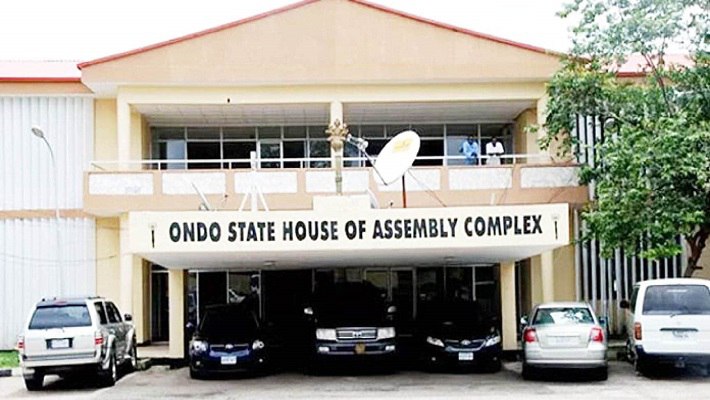
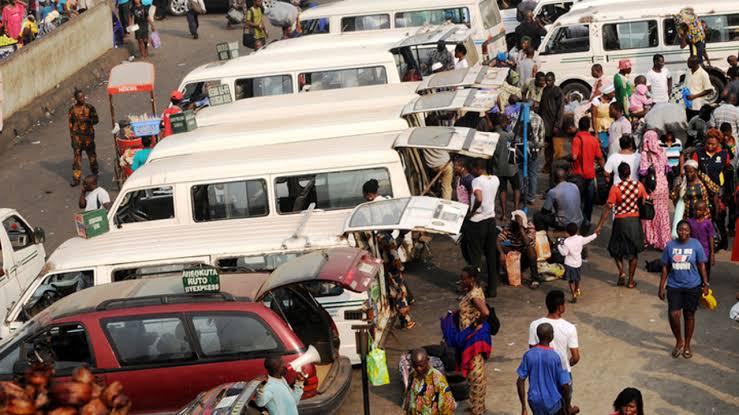

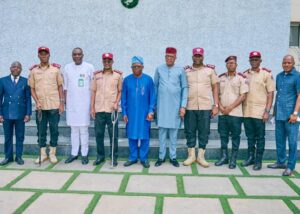
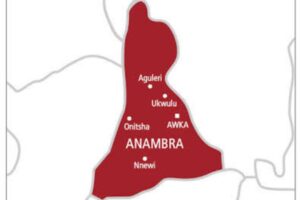


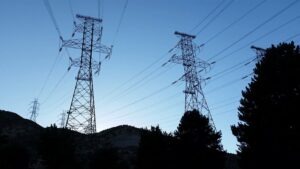
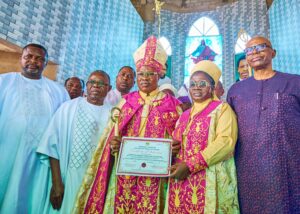




Post Comment